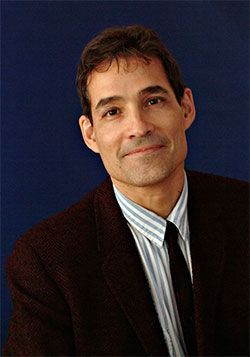Good Grief
"In this world nothing is certain but death and taxes," Benjamin Franklin once said. Yet how we deal with those certainties is a different story -- particularly death.
George Bonanno, Associate Professor of Psychology and Education, has spent his career exploring emotional responses to tragedy -- from bereavement in response to the death of a close family member to resilience in the face of a traumatic situation. Recently he compared grief processing and grief avoidance of bereaved spouses and parents in the U.S. and China. The key finding: the Chinese typically fare better emotionally, in part because of engrained cultural attitudes that minimize the expression of negative emotions, but also because of rituals that emphasize a continuing bond with lost loved ones.
"The Chinese believe that your ancestors are somewhere else and you still have a relationship with them," Bonanno says.
Initial death rituals in China are designed to "send the deceased successfully to the land of the dead, where they need accoutrements to sustain a lifestyle to which they are accustomed, if not a better one." These gifts are presented at the funeral in the form of paper objects-'"passports, currency, cars, companions, houses, food-'"that are burned ceremoniously to be sent to the deceased.
"Everyone feels pain after losing a loved one, but for the Chinese, processing the loss was not about a psychological experience," Bonanno says.
In contrast, when someone dies in the United States, surviving relatives who maintain a bond to the deceased person over time generally fare badly, continuing to experience the pain of loss.
"We might deal with loss better if we thought about it differently," Bonanno says, adding that American customs can sometimes be dysfunctional. "We worship independence and earning capability, and we are at a loss when natural events happen." Where do our loved ones go when they die? Do they exist somewhere else? "Those are enormous questions that we don't have any vehicle to talk about."
Published Wednesday, Dec. 21, 2005
